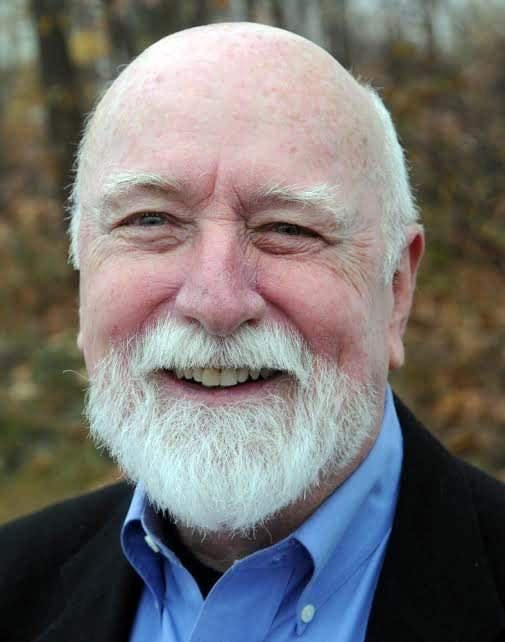The Observer: No power here. No power there.
“The power is out… again!” It was 2:15 in the morning, two days after Thanksgiving. I was out of bed and at the window in a flash. Tall trees swayed in the buffeting wind. The moonless sky was a starry wonder. Our neighbors had lights so I knew it was not widespread.
I started to fantasize about what a massive power outage would be like; a nationwide collapse of the grid. The word “dark” would not begin to capture it. For the first time that day, I thought about Ukraine; about the widespread and long-term outages experienced there since the Russian invasion began nine months ago. What must that be like? I considered that a bit before coming back to the here and now.

Scrolling through the Central Maine Power website on my cellphone, I thought: “I should bookmark this site. This happens all the time.” Six weeks ago, we lost power and were without electricity for three days. Another December, we were without power for six days because of an ice storm that affected thousands in Maine.
This time only 105 York County homes were without power; all in Buxton. I reported our outage to CMP. A few minutes later I checked the website again. Now there were 106 customers without power, including one in York. I felt a little better seeing our report listed. Still, I wondered how long it might last this time. I had my answer at 4:15 when a CMP bucket truck pulled into our driveway.
The ObserverThe midterms are over — now what?
I went out to talk with the lineman. “Sorry I couldn’t get here sooner,” he said. I had to smile. The sky was still starry. The wind had died down and with it my feelings of isolation and vulnerability.
I thought about Ukraine again and imagined living there with the winter approaching; no electricity, no heat, no public services, no cheerful linesman apologizing for a two-hour delay.
“Do you know what happened?” I asked, but before he could answer sparks began falling from a pole down the street. Then sparks showered from the next pole and a few seconds later, from a third. “I know what it is now,” he said. In about 15 minutes, our lights were back on.
An easy fix, apparently. Not like Ukraine which floated back again. The sparks falling from above me were slim hints of what it might be like to have missiles falling on you from the sky.
Fabiano:Getting close to the end of the table
I returned to our little drama. It remained a beautiful night with sunrise still hours away. Small potatoes really, wasn’t it? We lost power for a couple of hours in the middle of a clear November night.
It had brought me outside to see the starry night, to watch the pine trees dancing, and to meet a stranger doing his job.
Then, Ukraine again. The headlines I’d read the day before said that six million Ukrainians had been without electricity for weeks. The United Nations has estimated that 7.8 million people have fled as refugees since February.
The people of Kyiv and other cities under siege had no starry nights that weekend.
It was 30 degrees in Kyiv with snow in the forecast. And it was deadly dark. Ukrainians had little hope of the utility company (or anyone else) coming to restore their power anytime soon.
Any fantasy thoughts I might entertain about CMP and the approaching Maine winter were ridiculous compared to Ukrainians worried about war, the collapse of their nation’s electricity grid, and the possibility of a catastrophe at the nuclear power plant Russia was shelling.
Getting Ready:Time is now to act on climate crisis
Then a conjunction occurred in my mind: Ukraine and America. The Biden administration had managed to persuade a Democratic-controlled Congress to send Ukraine at least $54 billion in military and humanitarian aid since the war began. Some of that must have gone to restoring power lines (again and again).
In January, the Republicans will take control of the House. I wondered if aid to Ukraine will continue once legislators, in thrall to Vladimir Putin and cool to foreign assistance in general, control the budget.
Absorbed by our own worries and anxieties, it is difficult to imagine the lives of people struggling with genuine tragedy or to know what to do about it. We would do well to keep them in our minds and among our priorities.
We may lose power now and again, but we still have the power to help Ukraine.
Ron McAllister is a sociologist and writer who lives in York.
This article originally appeared on Portsmouth Herald: The Observer: No power here. No power there.
